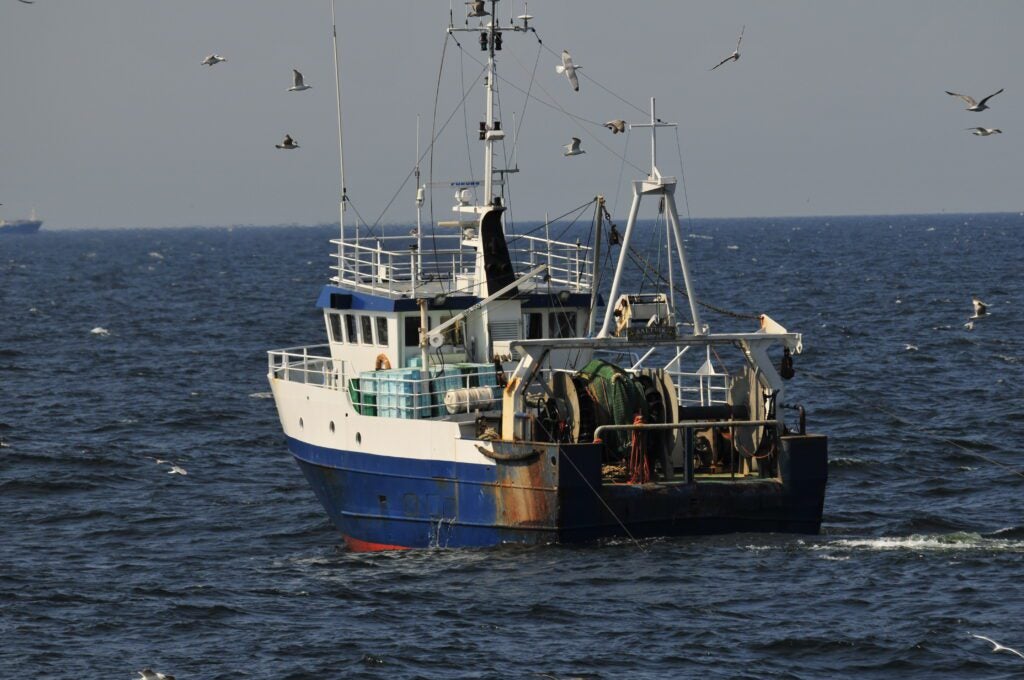February 7, 2023
Ask Dr. Pauly: Why are we giving subsidies to the fishing industry?
BY: Daniel Pauly

Subsidies are government funds or other benefits, such as lower taxes, awarded to certain economic sectors or industries. Subsidies to fisheries are nothing new.
From the 17th-19th centuries, the sail-driven navies of leading European powers — notably England, France, and the Netherlands — required huge numbers of experienced sailors for their all-too-frequent wars. The fishing industries of the time trained and employed thousands of sailors, and thus these countries have a well-documented history of subsidizing their fishing fleets.1 The idea was to prevent the fishing fleets from shedding sailors during periods of fish scarcities, and thus, for the navies to become unable to crew their man-o-wars.
Nowadays, we don’t have this excuse (if it ever was one) for fishing subsidies, which are now one of the major drivers of global overfishing. This can be readily explained: Fishing reduces abundance, and overfishing even more. At some point, revenue from fishing no longer covers its costs. This is a clear signal that fish populations should be allowed to rebuild.
Subsidies, however, keep the fishing industry from hearing the clear message that nature sends. These subsidies substitute for the abundance that nature provides; indeed, they decouple fishing operations from the state of the fish populations that are being exploited. In the worst cases, the fishing industry gets paid to keep fishing even when there are no fish to catch. Currently, annual subsidies to global marine fisheries amount to about $35 billion USD, representing about 30% of the first sale value of all fish caught. $22 billon USD of these subsidies are “capacity-enhancing”.2
Because they are a major driver of overfishing, and because they distort the “proper functioning of markets” (which is a thing, though probably a rare one), the opposition to fisheries subsidies ranges from neo-liberal economists to the ocean conservation community. Thus, the hope of many groups was that the World Trade Organization (WTO)’s recent negotiations3 would finally take action to address the problem.

Ten years ago, I was at the WTO, as part of Oceana’s effort to convince the delegates of multiple countries to see subsidies as what they are: a drain on their financial resources leading to a destruction of their fisheries resources. But we failed, mainly because objections by a few heavy subsidizers of trawl fisheries prevented the consensus necessary to reach a subsidies phaseout agreement.
This time an agreement was reached, but sadly, a close examination of its terms suggests it is a hollow outcome full of loopholes.
So, although we are almost back to square one, we must continue the fight against subsidies, because they destroy marine life, they drive overfishing, and they increase the already substantial carbon footprint of industrial fisheries. Also, subsidies exacerbate equity issues within the fishing sector because they are overwhelmingly allocated to industrial fisheries and mostly bypass artisanal fisheries. If fisheries are to be subsidized, it is the artisanal fisheries that need help — improving the quality and marketing of their catch, which can increase fishers’ income without any additional fishing pressure.
This article originally appeared in the Winter 2022 issue of Oceana Magazine.
1 See Janžekovič, I. (2020). The rise of state navies in the early seventeenth century: a historiographical study. Journal for Maritime Research, 22(1-2), 183-208; Poulsen, B. (2008). Dutch herring: an environmental history, c. 1600-1860 (Vol. 3). Amsterdam University Press.
2 Sumaila, U.R., N. Ebrahim, A. Schuhbauer, D. Skerritt, Y. Li, H.S. Kim, T. Mallory, V.W.Y. Lam and D. Pauly. 2019. Updated estimates and analysis of global fisheries subsidies. Marine Policy. 109; 103695.
3 Sumaila R, Skerritt DJ, Schuhbauer A, Villasante S, Cisneros-Montemayor AM, et al. The WTO must
ban harmful fisheries subsidies. Science. 2021; 374:544.



